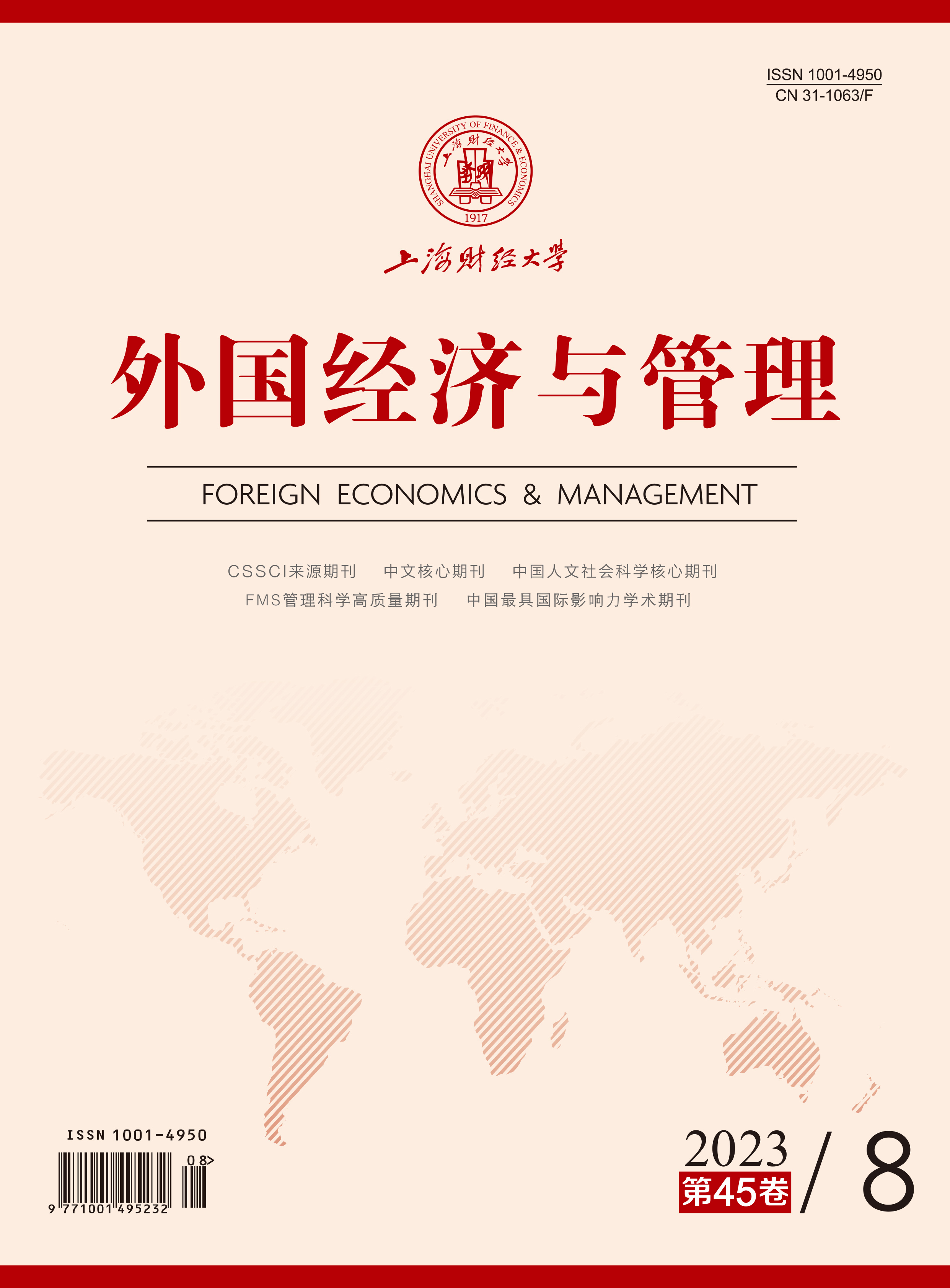Previous research in the field of creativity has primarily focused on conceptual connotations, measurement methods, and predictors. These studies have significantly enhanced our understanding of the nature of creativity and its underlying causes. However, they have not adequately addressed the equally important question of the consequences of creativity. In recent years, some studies have explored the double-edged sword effect of creativity, but most of them are based on scattered perspectives and require a more comprehensive interpretation.
To address this gap, this paper conducts a systematic literature review of empirical studies and identifies four main areas in which the consequences of creativity have been investigated: performance, well-being, morality, and interpersonal relationships. Existing research in these areas has produced contradictory findings. For instance, creativity may enhance or hinder work performance, have both positive and negative impacts on individual well-being, result in virtuous as well as unethical behavior, and lead to increased interpersonal attraction or punishment.
Drawing on the paradox theory, this paper analyzes the double-edged sword effect of creativity in terms of four paradoxes: learning, organizing, performing, and belonging. It is observed that: (1) The inherent difficulty in overcoming the four paradoxes often leads to a failure to achieve balance, resulting in negative outcomes of creativity; (2) traditional linear thinking is found to be inadequate for understanding the outcomes of creativity. To ensure that creativity yields lasting and positive effects on performance, well-being, morality, and interpersonal relationships, innovators and managers should recognize the paradoxical nature of creativity, adopt an inclusive mindset, and strive for the integration of paradoxical elements.
Contributions of this paper are twofold. Firstly, it provides a systematic review of empirical research on the consequences of creativity, highlighting its double-edged sword effect on performance, well-being, morality, and interpersonal relationships. The paper also identifies intermediary mechanisms and boundary conditions, offering a comprehensive foundation for future research. Secondly, by applying the paradox theory, this paper interprets the double-edged sword effect of creativity and introduces the learning, organizing, performing, and belonging paradoxes. It provides practical implications based on these paradoxes and offers a holistic perspective on the double-edged sword effect of creativity, thereby suggesting new avenues for future research.





 4411
4411  5456
5456

